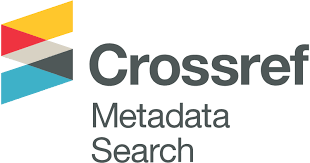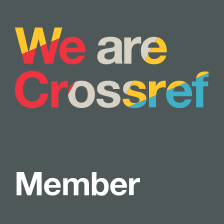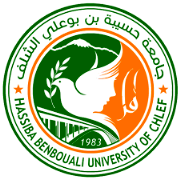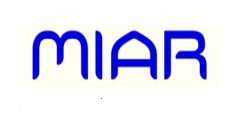Plagiarism and the Issue of Morality Among University Students
DOI:
https://doi.org/10.70204/jlt.v5i2.635Palavras-chave:
morality, plagiarism, property, students, universityResumo
“Knowledge is the food of the soul,” just as the human body needs nourishment, our souls and minds thrive on education, learning, and wisdom. Yet, the smooth and easy access to countless sources of knowledge via internet and artificial intelligence (AI) tools made most university students lazy, slow-moving, and less self-reliant. Indeed, they are encouraged to adopt or favour the copy-paste process under many excuses where the time constraint is one of them along the journey of collecting information. The latter is sometimes done unintentionally but most of the time it is performed deliberately forgetting completely that such act harms their reputation as well as their academic integrity because they are robbing others’ property, ideas, and creative projects when using them inappropriately. Indeed, they are committing what is called/ known as plagiarism. In this article, we are going to discuss in brief this dangerous problem, which is spreading rapidly among our undergraduate, postgraduate students, and even teacher researchers. For more clarity, this piece of research spots light on the different definitions beside the historical evolution of the term plagiarism, stating factors and reasons that feed and contribute to the expansion of this immoral operation. The researcher attempts to provide practical suggestions, ways, and strategies to reduce stealing intellectual property and detect plagiarists. This paper follows mainly a qualitative approach for data collection in which extractions from previous experiences and writings are adapted. Among the most important findings in this research is: plagiarism remains an unethical behaviour and an intellectual crime that must be fought worldwide and severely punished in order to preserve the field of scientific research.














